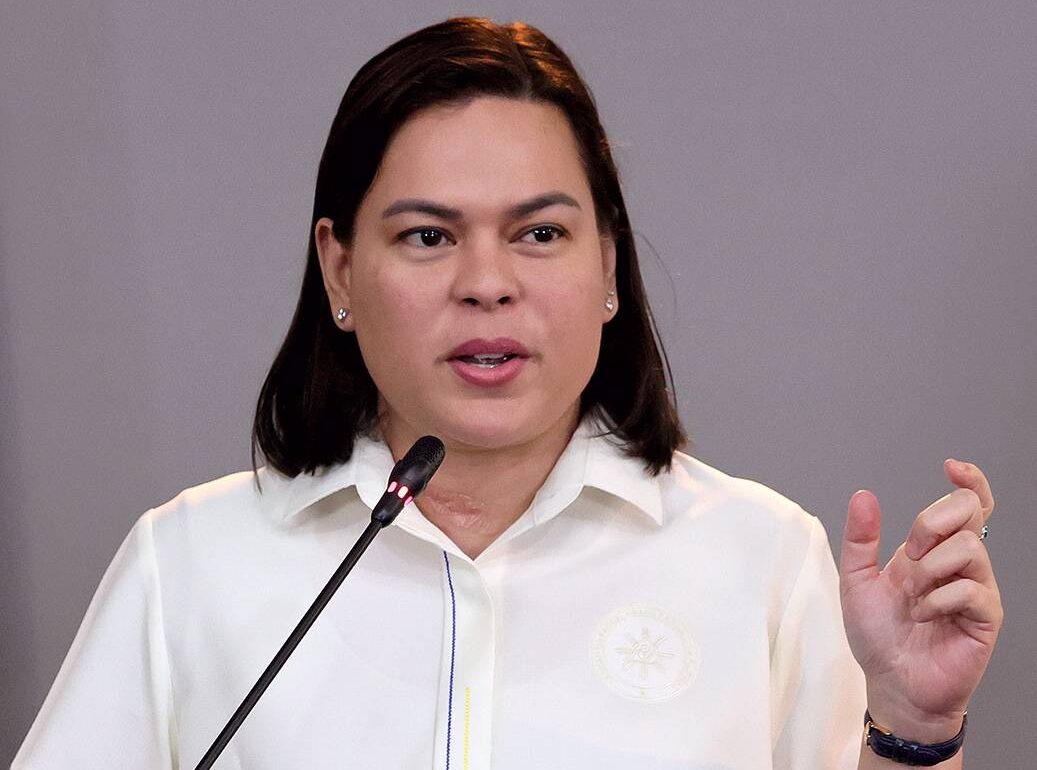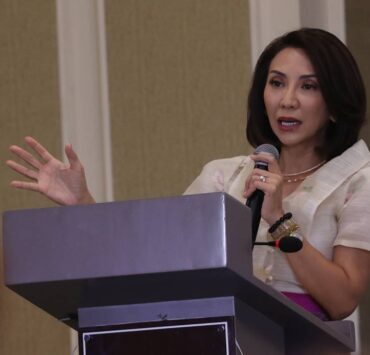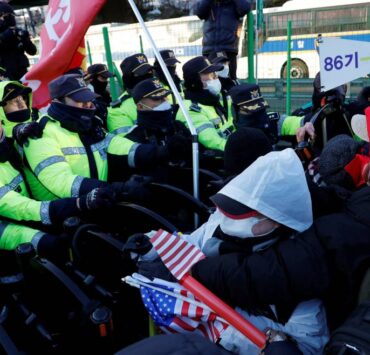OVP bares impact of budget cut, stops medical, burial aid

The Office of the Vice President (OVP) on Wednesday said it had discontinued its medical and burial assistance programs after it failed to get an allocation for these activities in the 2025 national budget.
The announcement was the first to show the impact of the budget cuts suffered by the office under Vice President Sara Duterte, whose past spending of intelligence and confidential funds since 2022 came under intense congressional scrutiny last year.
The inquiries lasted months and put her on the warpath against President Marcos and his allies, particularly in the House of Representatives, whom she had accused of plotting to undermine her political prospects in the 2028 presidential race.
She is facing three impeachment complaints at the House mainly as a result of the investigations.
“There is no approved budget for the medical and burial assistance program of the Office of the Vice President under the 2025 General Appropriations Act (GAA),” the OVP said. “We apologize for the inconvenience.”
In a report posted Jan. 9 on its official website, the OVP said it spent P822.3 million last year for the two programs, covering a total of 187,028 beneficiaries.
On Wednesday, the OVP also sent to reporters a page of the 2025 GAA showing no line-item allocation for its financial assistance and subsidy, a departure from previous national expenditure programs.
The line item for financial assistance is under maintenance and other operating expenses (MOOE). Included in the OVP’s MOOE are expenses for travel, training and scholarship, supplies and materials, utility and communication; awards/rewards and prizes; extraordinary and miscellaneous expenditures; professional and general services; repairs and maintenance; taxes, insurance and other fees, and other operating costs, such as rent, subscription, representation and transportation and delivery expenses.
Not part of mandate
According to lawyer Barry Gutierrez, who served as spokesperson for former Vice President Leni Robredo, having no budget for aid programs should not be a source of disappointment for the OVP since they were never part of its mandate in the first place.
Gutierrez said the constitutional mandate of the Vice President is only to succeed the President in case of the latter’s death or ouster.
Duterte’s 2025 budget of more than P733 million was even “higher than every OVP budget” during Robredo’s term, except in 2021 when the OVP was given P900 million because of its pandemic-related initiatives, he said.
“Most VPs—Sara Duterte included—have had a Cabinet post that gave them day-to-day responsibilities,” Gutierrez told the Inquirer in a Viber message. “VP Leni was in a unique situation as she was summarily excluded from the Cabinet not even six months into the term.”
‘Angat Buhay’
Having been marginalized by then President Rodrigo Duterte, Sara’s father, Robredo started her “Angat Buhay” initiative through partnerships with the private sector and community networks, Gutierrez recalled.
“VP Sara has not been able to muster the same level of support and is relying on public funding for the ‘assistance’ her office gives,” he said, drawing a comparison.
Echoing the view of lawmakers critical of Duterte, Gutierrez said the OVP has no constitutional mandate to receive funding for aid programs that are already run by other government agencies like the Department of Social Welfare and Development (DSWD).
“Her office should simply refer those who approach the OVP to the appropriate agencies,” he said.
Lawmakers decided to cut Duterte’s proposed P2.03-billion budget for 2025 by P1.3 billion, realigning the amount to the Department of Health and the DSWD.
The reduction left the OVP with only P733.198 million to use this year.
Until they were questioned by lawmakers during the budget hearings and the inquiries into her use of confidential funds, Duterte earlier spoke of plans to expand the OVP’s medical and burial assistance programs through its “satellite offices” nationwide.
In November last year, Duterte denied that the programs were mere “duplications” of the services rendered by other government agencies, arguing that she was just continuing what one of her predecessors had started.
Tracing it to Noli
Speaking to reporters in Butuan City, Duterte then said the OVP’s medical and burial assistance, among others, began under former Vice President Noli de Castro, who served from 2004 to 2010 during the Arroyo administration.
“The people got used to the OVP having medical and burial assistance because those programs have been there since the time of Vice President Noli de Castro,” Duterte said.
“Therefore, if the people asked for assistance from us in the government, we can’t just turn them away and say ‘Hey, we apologize, you’re on your own now,’ we can’t just say that,” she said.
According to Duterte, it was also part of her oath and constitutional mandate “not to reject people asking for help.”

















